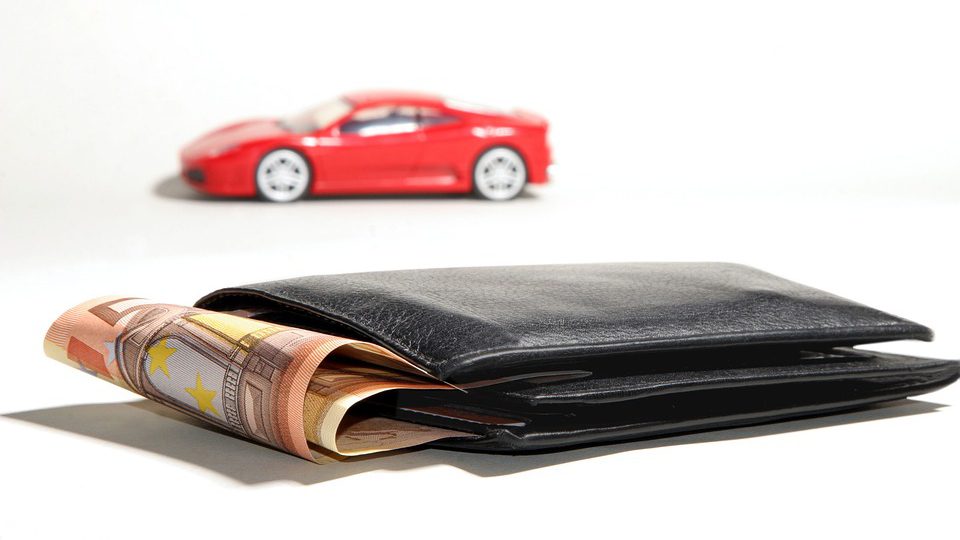

With growing population, comes the added burden of growing demand. The exponentially increasing exploitation over the resources available, ultimately results in the surge in the prices of these goods due to the inefficiency of production and rejuvenation. One crucial resource, that is majorly exploited, creating spurts in its market price, is automobile fuel.
Alongside the spurts in prices arrive the need to lower their consumption, as nobody wants to spend tonnes. With the demand for the commodity and the surge in the market prices, people naturally tend to think of alternatives, or ways to minimise its consumption. That is what brings us to the importance of this topic, how can we save fuel? and how can we cut down the fuel costs?
How to save on fuel costs
This in turn brings us to the discussion of the seven tips that if commonly followed, would easily result in the reduction of fuel consumption, and thus the reduction in the expenditure for fuel. Let’s get into what these seven tips are:
- Keep idling at bay
- Drive within speed limit
- Check up on tyre pressure
- Stay abreast with vehicle maintenance
- Monitor AC consumption
- Be mindful of the terrain
- Encourage and practice careful driving
- Keep idling at bay
Letting your vehicle run without actual movement can exhaust a fair share of fuel in your tank. Unnecessary idling can lead to quicker wear and tear of your vehicle, along with a lot of vehicular exhaust. This leads to a greater level of fuel consumption. Thus, it is imperative that one is mindful of idling, and takes strong measures to not indulge in unwarranted idling while on the road.
- Drive within speed limit
Speed limits on road might often be annoying, but they are indeed set for valid reasons. No one ends up making rules just for the sake of setting them. These speed limits are rather prescribed at certain circumstances, so as to avoid sudden breaks and accidents, which in turn also help in the reduction of fuel consumption.
Check the live location of your vehicle with LocoNav’s Vehicle Tracking System!
- Check up on tyre pressure
The tyre inflation pressure also does play its role on fuel consumption. An under-inflated tyre consumes more fuel so as to match the locomotives speed requirements and other requirements. An over-inflated tyre might not reflect on the fuel consumption, but has possibilities of disturbing the stability of the vehicle. Thus, the tyre inflation pressure must be maintained in a proper level for the proper functioning of the vehicle.
- Stay abreast with vehicle maintenance
Vehicle maintenance matters a lot. It matters in every aspect of the vehicle. A vehicle that is poorly maintained, handled in a very rash manner and not serviced at regular intervals, would naturally consume more fuel, as it is expected to overcome the oddities and perform the best. Thus, the locomotive’s pampering must be at the right level. A vehicle tracking system can come in handy when it comes to keeping track of your vehicle’s maintenance, since you can avail regular maintenance alerts and know how your vehicle is performing.
Also read: Top Tips for Optimised Fleet Maintenance
Also read: How This FMCG Giant Saved 12% on Their Fuel Cost with LocoNav
- Monitor AC consumption
The AC consumption levels of an automobile also play its role in the fuel consumption of the vehicle. Just like how having the windows open can cost you your fuel, air conditioning too can cost you fuel. In fact, ACs can increase the fuel consumption by 8-10% at an average. So obviously, the surplus, careless usage of the AC also can make you pay more for fuel.
- Be mindful of the terrain
Not all terrains can have a positive impact on your vehicle. Not just the internal elements of the automobile, but the terrain can also affect the fuel consumption of the vehicle. The type of terrain that the vehicles locomotes on, affects the rolling resistance of the tyres of the automobile. The rolling resistance in turn has its impact on the fuel economy. Rough roads can increase the rolling resistance of the tyres up to 20%. The rolling resistance indicates the efforts that are taken by the tyres to roll on the terrain. Thus, more the efforts, more is the fuel consumption.
- Encourage and practice careful driving
Careful driving in this case denotes driving with the reduction in fuel consumption taken into thoughts. Mindless racing, rash driving, sudden breaks, and other such careless attitudes tend to cause an increase in the fuel consumption, and also would affect the wear and tear of the vehicle to a greater extend. Thus, careful driving, must not only be practiced, but also be encouraged among peers, so that the experience on road is smooth for everyone, because the careless driving skills of other drivers may also result in damage to neighbouring vehicles.
These, are the seven crucial tips, that any driver is expected to follow, in order to reduce the fuel consumption of a vehicle. These would not only minimise the fuel consumption and benefit the fuel economy, but would also reduce the wear and tear of the vehicle, which would ultimately result in infrequent need for services or repairs in the vehicle.
LocoNav offers you services for all your business needs, from Vehicle Tracking Systems, Fleet Management Software and Vehicle Telematics, along with FASTag. LocoNav helps you in optimising your operations and business while you focus on the growth of your enterprise!
Quick read: Leading The Charge – Electric Commercial Vehicles Are The Future
Quick read: Go Green With Fleet Management